In recent years, the future of sustainable agriculture has been a developing issue about the environmental impact of traditional agricultural practices. As a result, the concept of sustainable agriculture has received sizable attention. Sustainable agriculture ambitions to meet the desires of the prevailing generation whilst ensuring the proper-being of future generations and the planet. This article explores the destiny of sustainable agriculture and how it holds promise for addressing the challenges of food protection, climate change, and environmental upkeep.
Introduction: Understanding Sustainable Agriculture
Sustainable agriculture is a technique that seeks to harmonize agricultural practices with the concepts of environmental stewardship, social duty, and monetary viability. It is going beyond the conventional focus on maximizing yields and profits, thinking about the long-time period impacts on ecosystems, natural sources, and rural communities. By adopting sustainable practices, farmers aim to reduce terrible environmental results at the same time as keeping or enhancing productiveness.
Importance of Sustainable Agriculture
Sustainable agriculture is essential for numerous motives. Firstly, it promotes meals protection with the aid of ensuring a reliable and nutritious meals supply for gift and destiny generations. By adopting sustainable practices, farmers can enhance soil fertility, preserve water assets, and reduce using synthetic fertilizers and pesticides, thus decreasing the capability of human health and the surroundings.
Technological Advancements in Sustainable Agriculture
Advancements in the era have performed an enormous function in shaping the destiny of sustainable agriculture. Several modern processes and tools are being advanced and implemented to decorate productivity, optimize useful resource use, and reduce environmental influences.


1. Precision Farming: Enhancing Efficiency and Reducing Environmental Impact
Precision farming utilizes cutting-edge technology, together with far off sensing, drones, and GPS, to accumulate statistics about soil situations, crop health, and weather patterns. This data enables farmers to make knowledgeable choices concerning irrigation, fertilization, and pest control, thereby minimizing resource waste and reducing the environmental impact of farming operations.


2. Vertical Farming: Maximizing Limited Space and Resources
Vertical farming entails the cultivation of plants in vertically stacked layers, frequently in controlled environments along with indoor vertical farms or greenhouses. This technique lets in for year-round manufacturing, impartial of weather conditions, whilst minimizing land use, water intake, and the want for insecticides. Vertical farming has the capacity to revolutionize urban agriculture and provide regionally grown, sparkling produce to urban populations.

3. Agroecology: Embracing Natural Ecosystems for Resilient Agriculture
Agroecology emphasizes the integration of ecological standards into agricultural systems. It promotes the expertise and utilization of natural procedures to beautify soil fertility, control pests and sicknesses, and boom crop resilience. By mimicking natural ecosystems, agroecological practices make contributions to sustainable agriculture by means of lowering the reliance on artificial inputs and fostering ecological balance.
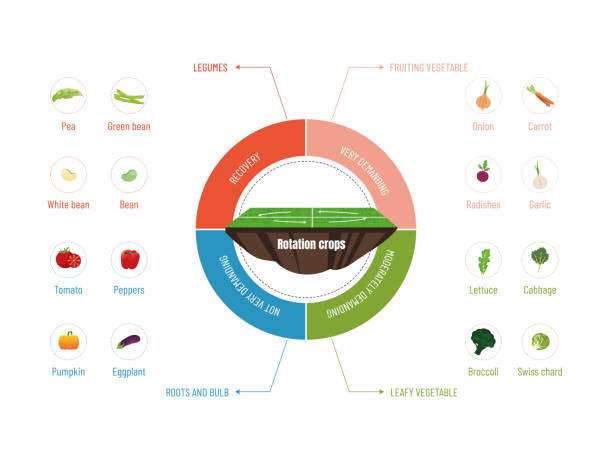
4. Regenerative Agriculture: Restoring Soil Health and Biodiversity
Regenerative agriculture makes a speciality of rebuilding soil organic count number, enhancing biodiversity, and improving water cycles. By adopting practices inclusive of cowl cropping, no-till farming, and rotational grazing, farmers can restore degraded soils, grow carbon sequestration, and enhance the overall health of agricultural landscapes. Regenerative agriculture holds promise for mitigating climate change and promoting sustainable land management.
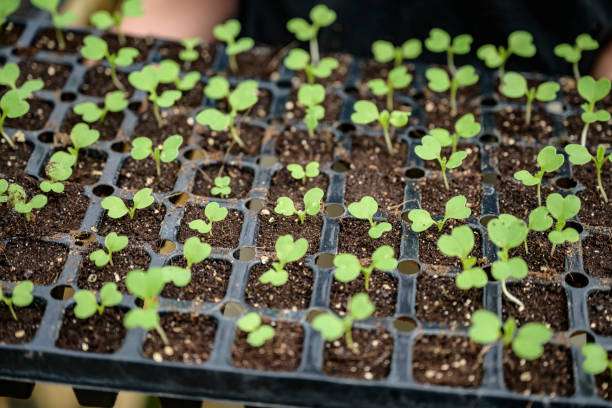
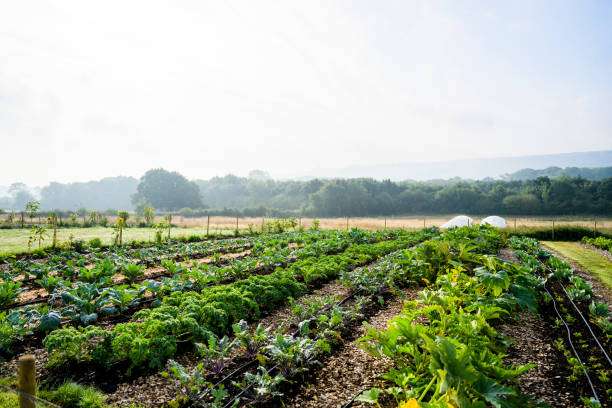
5. Climate-Smart Agriculture: Mitigating and Adapting to Climate Change
Climate-clever agriculture encompasses quite a number practices and techniques aimed toward lowering greenhouse gas emissions, growing resilience to climate trade, and adapting to converting climatic conditions. These practices consist of progressed water management, crop diversification, agroforestry, and using weather-resistant crop sorts. By adopting weather-smart strategies, farmers can contribute to weather change mitigation while ensuring the long-term viability of their agricultural structures.
6. Organic Farming: Promoting Health and Sustainability
Organic farming removes the usage of synthetic insecticides and fertilizers and promotes the usage of herbal inputs and practices. By adopting organic methods, farmers can lessen chemical infection in meals and water, defend soil health, and aid biodiversity conservation. Organic farming additionally emphasizes animal welfare, prohibiting the usage of increased hormones and ordinary antibiotics in farm animals production.
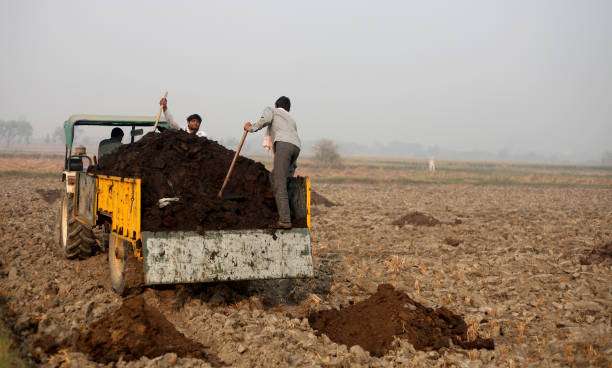
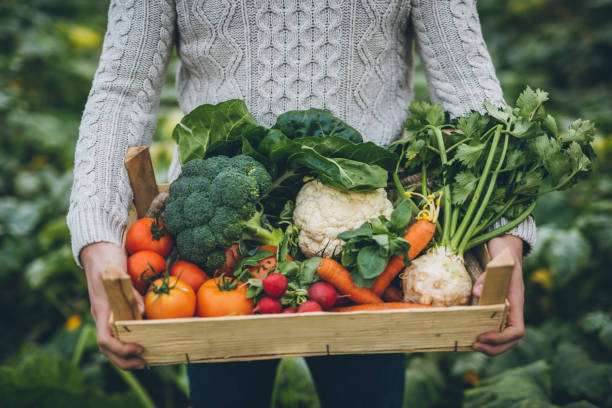
Conservation of Natural Resources
1. Water Management
Water shortage is a huge subject for sustainable agriculture. Efficient water management practices, together with drip irrigation, precision irrigation, and rainwater harvesting, help optimize water usage. Additionally, adopting drought-resistant crop sorts and improving on-farm water storage can limit water pressure and sell sustainable water use in agriculture.
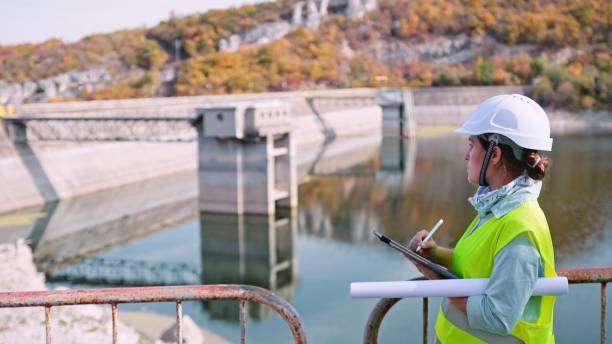
2. Soil Health and Management
Maintaining soil health is important for sustainable agriculture. Practices like crop rotation, cover cropping, and minimum tillage lessen soil erosion, enhance nutrient cycling, and enhance soil structure. Soil checking out and precision nutrient control make sure the most beneficial software of fertilizers, decreasing nutrient runoff and minimizing environmental pollution.
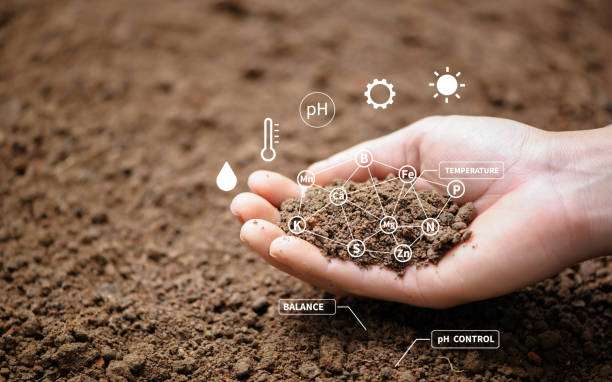
3. Biodiversity Preservation
Preserving biodiversity is essential for sustainable agriculture as it helps pollination, herbal pest control, and atmosphere resilience. Adopting agroforestry practices, creating flora and fauna habitats, and defensive natural ecosystems inside agricultural landscapes make contributions to biodiversity conservation. By preserving a stability between agricultural manufacturing and biodiversity, sustainable farming systems can thrive.
The Role of Artificial Intelligence and Big Data in Sustainable Agriculture
Artificial Intelligence (AI) and Big Data are revolutionizing sustainable agriculture by providing farmers with valuable insights and decision-making guidance. AI algorithms examine good sized quantities of facts, consisting of satellite tv for pc imagery, climate patterns, and soil situations, to optimize farming operations. This permits farmers to make information-driven selections, optimize useful resource allocation, and decrease waste.
Sustainable Water Management in Agriculture
Water shortage is a sizable venture for agriculture in many regions. Sustainable water control practices, including drip irrigation, rainwater harvesting, and water-green technologies, help reduce water wastage and make certain the sustainable use of this essential aid. These practices contribute to water conservation, improve crop yields, and reduce the stress on freshwater ecosystems.
Sustainable Livestock Farming: Balancing Animal Welfare and Environmental Impact
Livestock farming is a huge contributor to greenhouse fuel emissions and deforestation. Sustainable livestock farming objectives to reduce the environmental effect of animal agriculture at the same time as ensuring animal welfare and meals safety. Practices consisting of rotational grazing, natural feed, and improved manure management can lessen emissions, shield ecosystems, and enhance the sustainability of cattle manufacturing.
Sustainable Farming Practices: Crop Rotation, Cover Crops, and Integrated Pest Management
Crop rotation, cowl vegetation, and incorporated pest management are vital sustainable farming practices. Crop rotation facilitates destroying pest cycles, enhances soil fertility, and reduces the need for chemical inputs. Cover plants guard the soil from erosion, increase organic depend content, and offer habitat for useful organisms. Integrated pest management entails using organic controls, cultural practices, and focused pesticide packages to control pests effectively whilst minimizing environmental effects.
Economic Viability of Sustainable Agriculture
For sustainable agriculture to be widely adopted, it ought to additionally be economically possible for farmers. Governments, organizations, and clients play a crucial role in helping sustainable agriculture via guidelines, incentives, and market demand for sustainable merchandise. Investing in studies and development, selling honest trade practices, and creating monetary mechanisms for sustainable farming can make certain the monetary viability of sustainable agriculture.
Challenges and Potential Solutions
Some points to introduce:
- The Challenge of Soil Degradation.
- Water Scarcity and Efficient Water Management.
- Biodiversity Loss and Ecosystem Preservation.
- Climate Change and Resilience in Agriculture.
- Balancing Chemical Inputs and Pest Management.
- Transitioning from Conventional to Sustainable Practices.
- Access to Markets and Fair Prices for Farmers.
- Building Awareness and Consumer Education.
- Encouraging Collaboration and Partnerships.
- Policy Support and Government Initiatives.
- Enhancing Agricultural Research and Innovation.
- Integrating Technology in Sustainable Agriculture.
- Sustainable Livestock Production.
- Ensuring Social Equity in Agriculture.
- Scaling Up Sustainable Agriculture Practices.
Policies and Initiatives for Promoting Sustainable Agriculture
Government policies, global agreements, and personal initiatives play a crucial function in promoting sustainable agriculture. Subsidies and incentives can inspire farmers to undertake sustainable practices, at the same time as policies can restrict the use of dangerous inputs and promote sustainable land control. Collaborative efforts between governments, NGOs, and the private region are vital for scaling up sustainable agriculture globally.
Conclusion
The destiny of sustainable agriculture appears promising. By embracing innovative technologies, agroecological concepts, and weather-clever techniques, farmers can cope with the challenges of food safety, weather change, and environmental preservation. Sustainable agriculture promotes long-time period resilience, supports rural livelihoods, and protects the health of ecosystems. As consumers turn out to be extra aware of the importance of sustainable meals structures, the demand for sustainably produced food will continue to grow.
